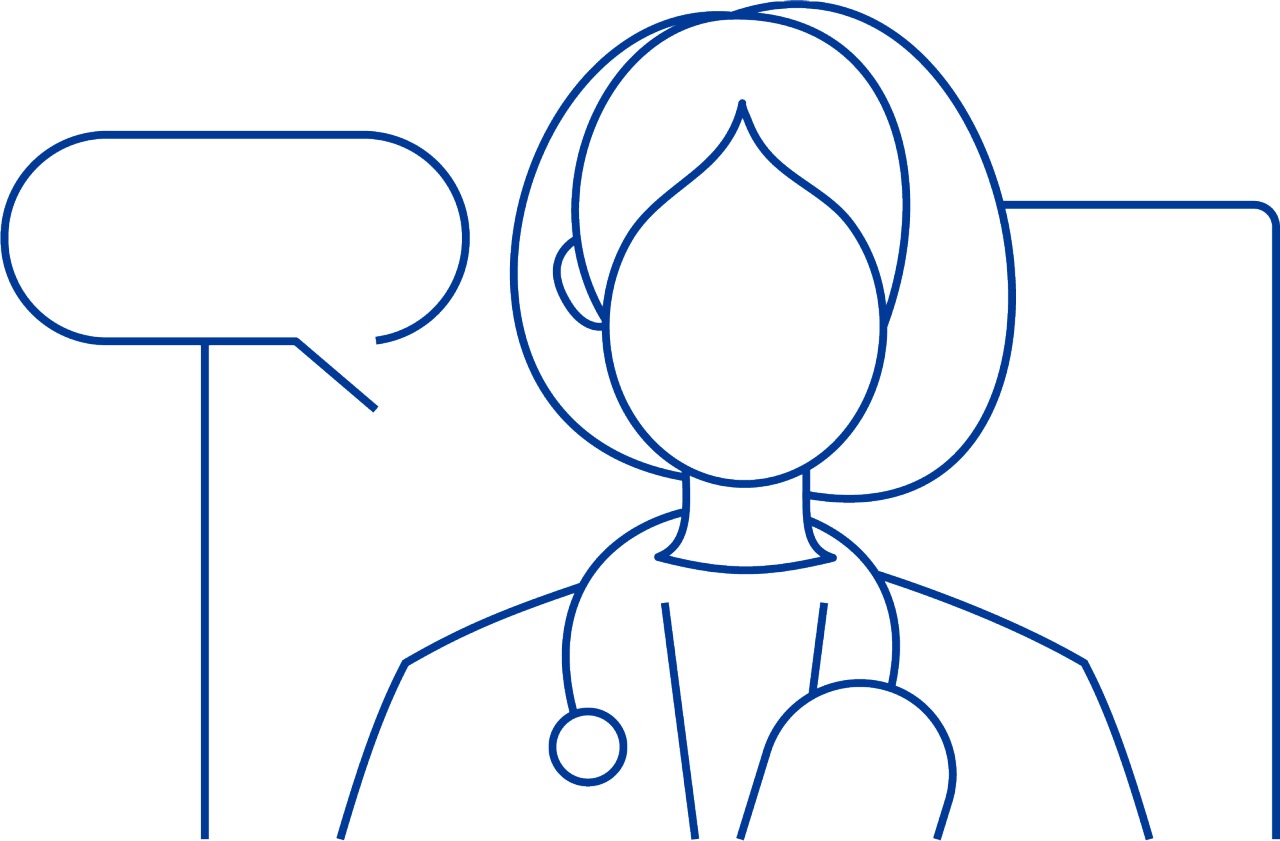What does AFib feel like?
During AFib, the heart's ventricles and atria are out of sync, causing the heartbeat to become chaotic or rapid. It's common for patients to feel a fluttering or fast heartbeat that can occur on a regular basis, in episodes, or continuously. Some people may never realize they have AFib.
A normal heartbeat starts with a firing of electrical impulses from the right atrium. AFib causes these impulses to fire between both atria instead. This causes too many contractions, and the ventricle cannot keep up with the rapid pace. The ventricles start overworking (beating rapidly) to try to keep up. The result is that blood may not fill up the heart and pump properly through the heart's chambers.
A regular heartbeat is anywhere between 60 to 120 beats per minute. When a heart is experiencing AFib, the heartbeat can range from 100 to 175 beats per minute or even reach up to 400. In some cases, the rapid heartbeat can put a person at risk for a stroke.

